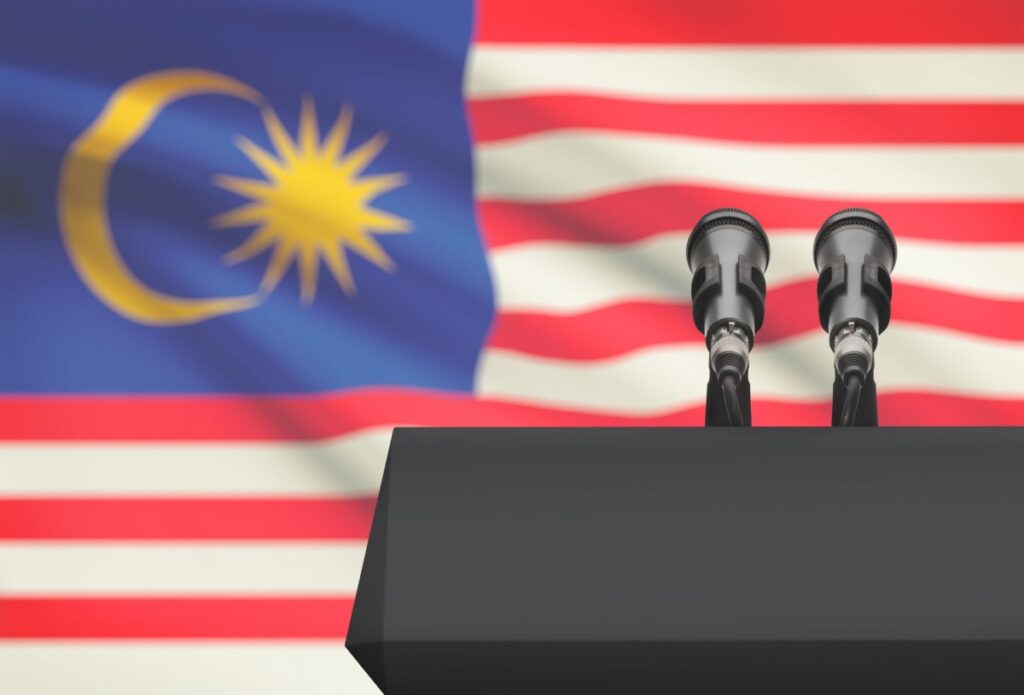

This year’s International Women’s Day theme is “Investing in Women: Accelerating Progress”, but how far have we actually progressed?
Looking back at the themes of International Women’s Day over the past six years, many facets of gender equality emerge, from women’s rights, leadership and empowerment to harnessing technology and innovation for social change.
As we reflect on these advances, we should heed the words of Verna Myers and recognize that true progress is not just about diversity, but about inclusivity that empowers every individual.
This is fundamental as we recognise that achieving gender equality goes hand in hand with fairer and more inclusive societies for future generations.
Inclusion goes beyond mere representation and aims to create diversity in an environment where everyone feels respected, valued and able to participate.
The celebration of International Women’s Day serves as a reminder of the continued need for gender mainstreaming.
Gender mainstreaming (GM) is central to today’s social and political context and serves as an overarching framework for achieving equality.
Gender mainstreaming is defined by the Council of Europe (2023) as follows:
“[Re]”Organize, improve, develop and evaluate policy processes to ensure that a gender perspective is integrated into all policies at all levels and stages by actors typically involved in policy-making.”
Understanding how the Malaysian government presents gender mainstreaming in its public policies is essential to understanding the government’s commitment to gender equality.
To achieve this, we have analysed 13 years of budget speeches as this provides valuable insights into the government’s strategic policies within the budget.
Our study investigates how the budget speech serves as an effective tool to justify the allocation of public funds to address societal needs, particularly in the context of gender mainstreaming.
A thematic analysis of budget speeches from 2009 to 2022 reveals four themes:
The most frequent theme was women’s empowerment, which is what we will focus on here. It is therefore essential to understand and strengthen women’s economic empowerment, which is fundamental to the full realization of their rights and capabilities.
The concept of women empowerment places great emphasis on promoting women’s economic independence and improving their financial security and overall socio-economic status.
This includes empowering women to control their own financial resources, thereby enabling them to make a meaningful contribution to the Malaysian economy.
The government has introduced the Wanita MADANI women’s empowerment initiative which emphasises inclusivity under the concept of KASIH (Kasih sayang; Akhlak mulia; Sihat; Ilmu; Harmoni) and focuses on social values such as compassion, benevolence, respect and trust to create an environment conducive to the holistic development and well-being of women in society.
The inclusiveness of women as key contributors to the country is particularly highlighted in six initiatives of Wanita Madani.
Many of these efforts fall under the purview of the Ministry of Women, Family and Community Development and partner agencies.
One such initiative is the i-Sayang programme, which allows husbands to deposit 2% of their Employees’ Pension Fund (EPF) contributions into their wives’ accounts.
The i-Sayang initiative is part of ongoing efforts to extend social security nets to family systems.
In line with this, the Tabung Kasih Rama Wanita Initiative provides seed funding as a key support mechanism targeting women in desperate situations, including those who are particularly severely marginalized.
This will promote active participation and recognition of women across various platforms and sectors as equal partners in empowerment and development, thus promoting sustainability, innovation and prosperity.
These efforts include various forms of support, such as access to capital, entrepreneurial training and mentorship programs.
By encouraging women to start their own businesses and providing them with the necessary tools and support, Malaysia aims to create an enabling environment for women to thrive economically and achieve greater independence.
Since 2011, there has been a steady push to get more women into leadership roles within the organisation as a key part of our gender equality efforts.
Malaysia has a target of having 30% of senior management positions filled by women, and despite sustained efforts over the past decade, there remains a significant gap in women’s access to these senior management positions in the private sector.
The issue is highlighted in the annual Budget speech, which emphasises the need to redress the imbalance and ensure that women have equal opportunities in leadership roles.
This article was co-authored with Ileana Yusof, a PhD student at Monash University, Malaysia.
Tara Thomas Agency stands at the forefront of the entertainment industry, with years of experience dedicated to nurturing the most exceptional talents and successful acts.